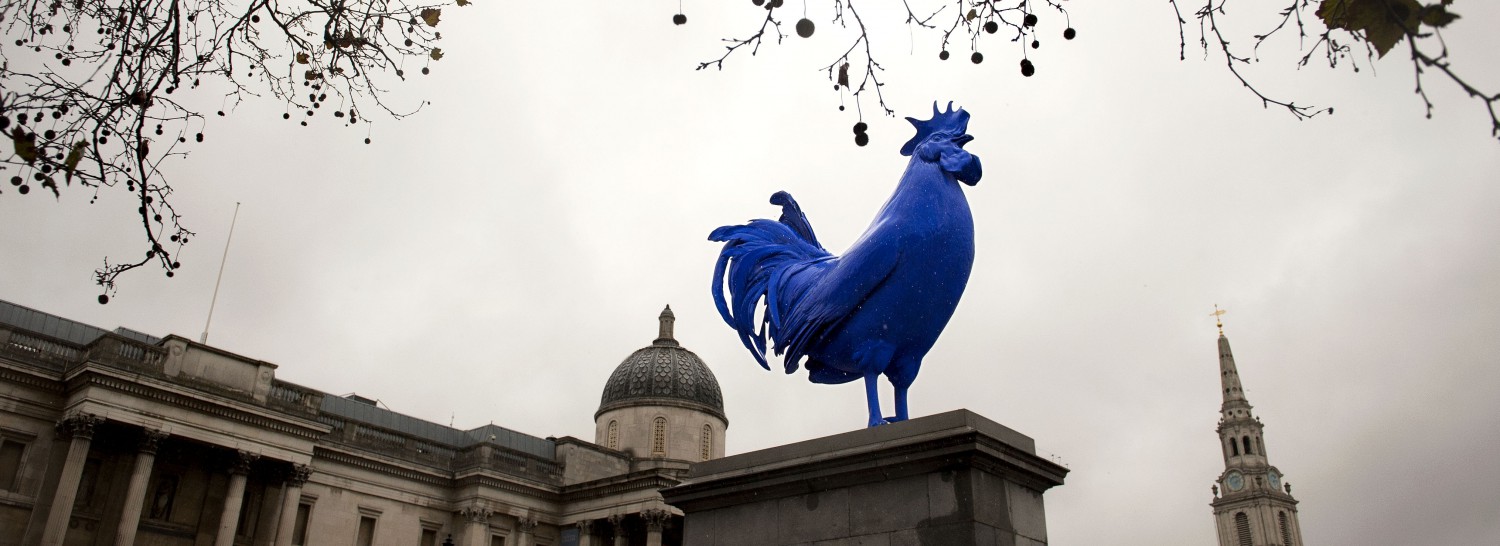Alberto Voltolini (University of Turin)
The Identity and the Existence of Fictional Characters
There are many objections to the idea that the identity of fictional characters is rigid, i.e. the idea that two fictional characters are identical iff they share both all the properties that are attributed to them in stories and their mode of composition. For there seem to be counterexamples both to the necessity and to the sufficiency claim of the above criterion. In this talk, I will first try to show that such purported counterexamples do not work. Moreover, I will argue that relying on such a rigid identity criterion allows one to dispense with some logico-ontological critiques of fictional realism, the thesis that there are fictional characters. Finally, I will try to show that one can rescue a positive ontological argument to the effect that there are such entities from a recent powerful criticism of it.
Anthony Everett (University of Bristol)
Non-existence
We naturally talk and think as if representational artworks were about things, as if novels, paintings, and operas, are about people and events that they describe. However in many cases, it seems, these do not exist. There are, in reality, no people or events that could constitute the subject matter of the artwork. The problem of explaining how a representational artwork can count as representational while also failing to represent anything raises a number of difficult problems. I argue that these are resolved by a proper appreciation of the role of make-believe in the production and consumption of such works and that this approach promises to provide insight into the works themselves.
